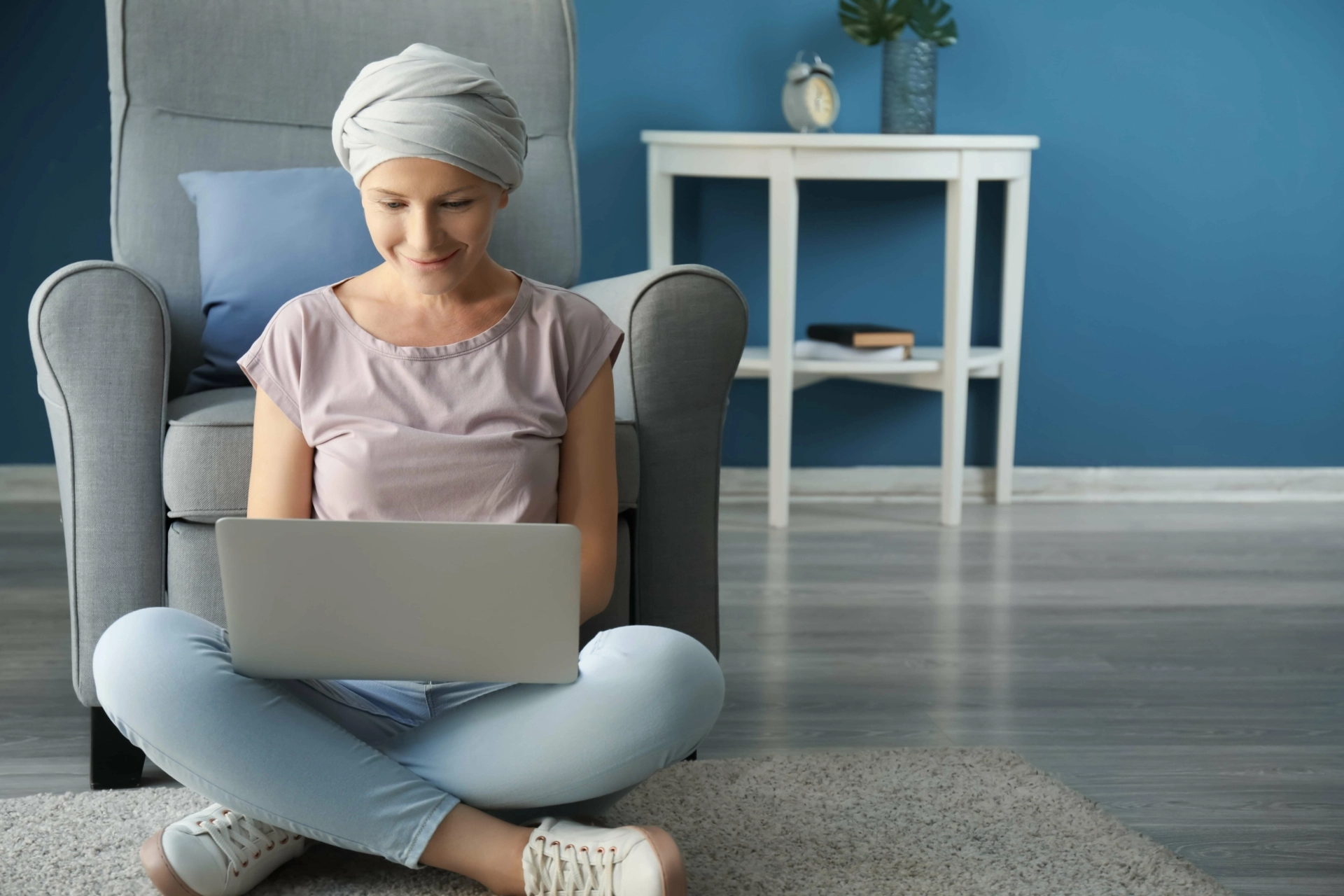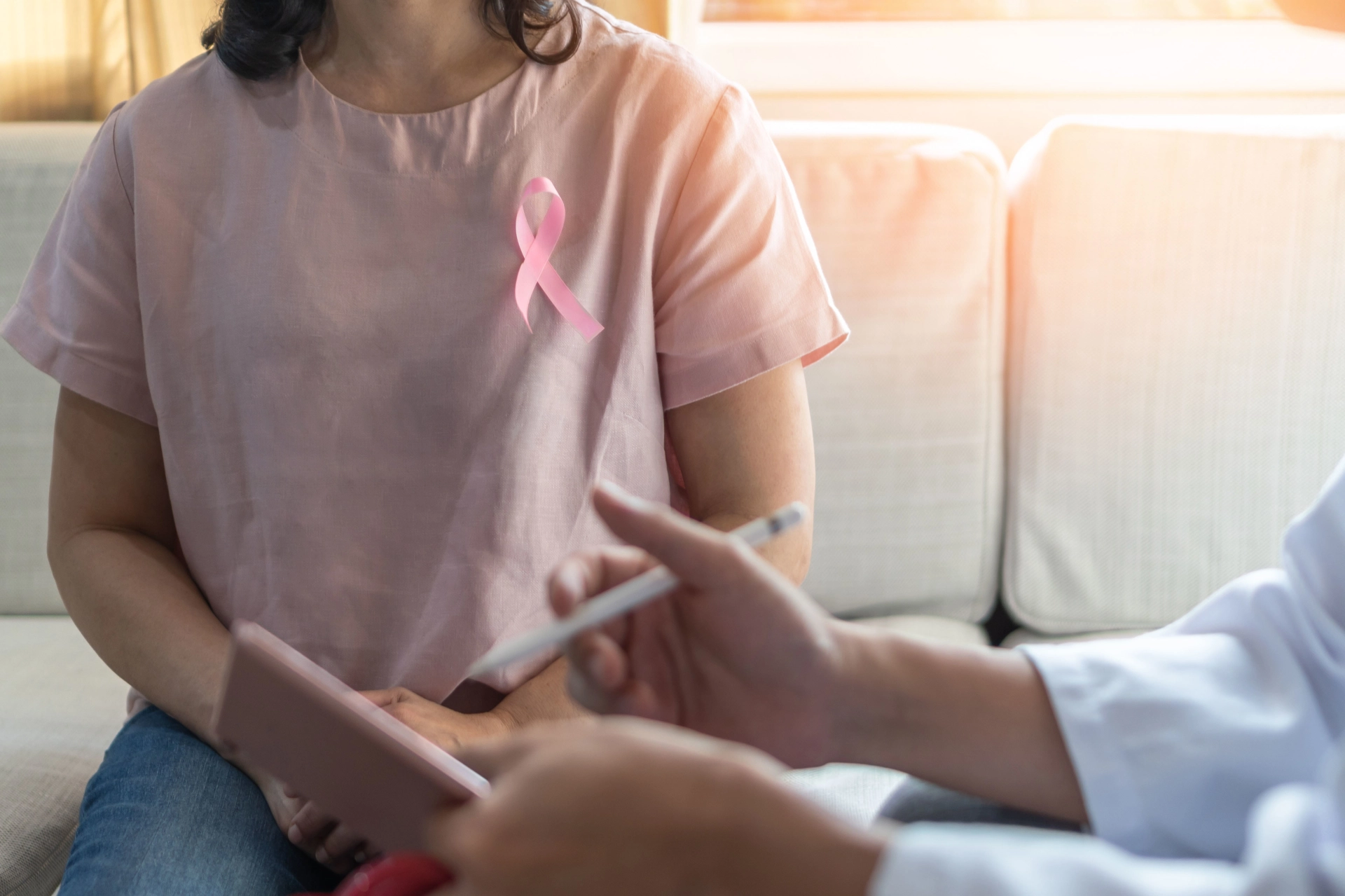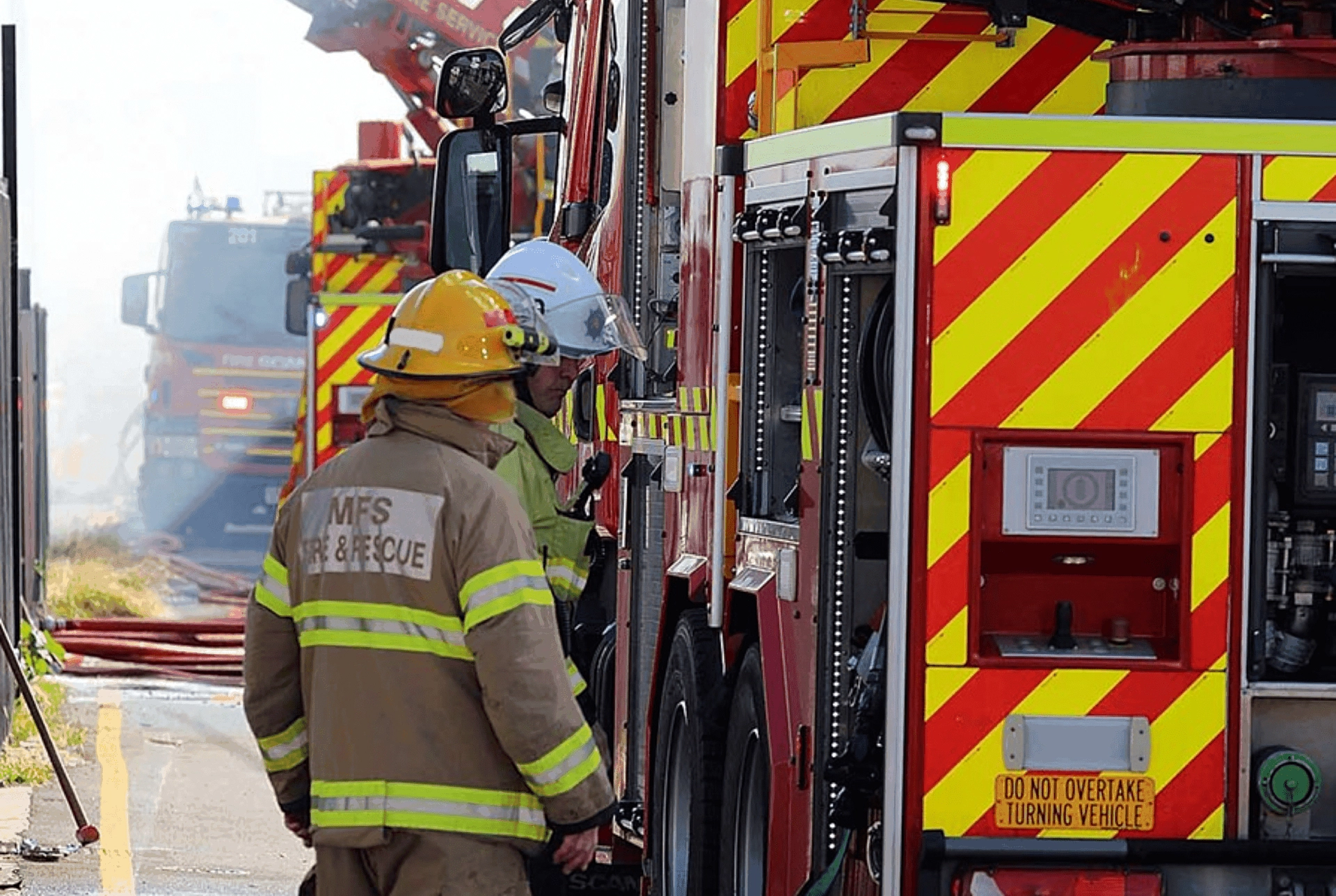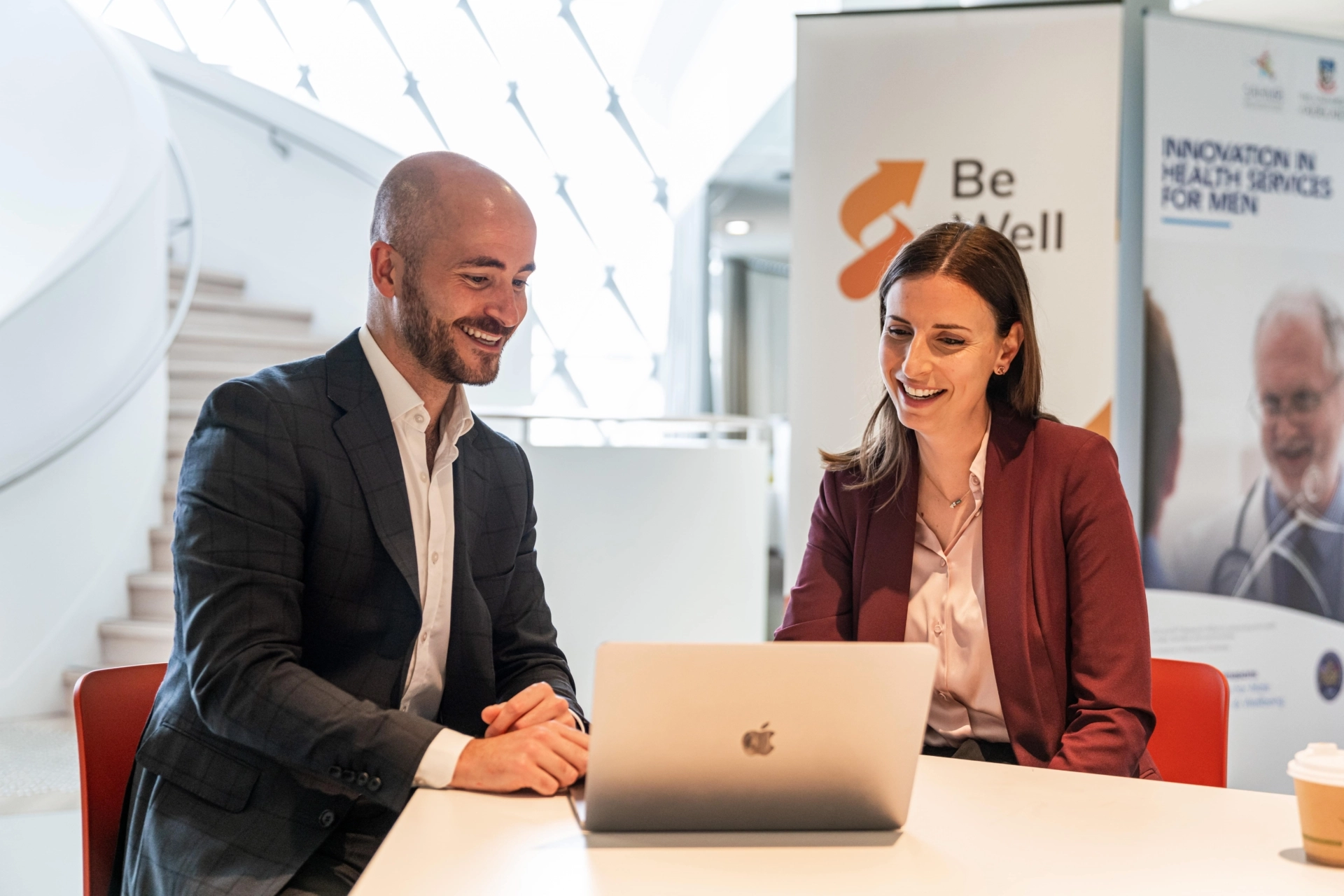A unique wellbeing program created in South Australia, has shown promise as a method to improve the mental health of women living with and beyond breast cancer.
Breast cancer has become the most prevalent form of cancer for women, with more than 2.3 million diagnosed worldwide each year.
Research shows that approximately 40% of survivors experience significant psychological distress, primarily depression and anxiety, which is influenced by physical side effects, social implications, and reduced quality of life.
As survival rates continue to increase, so too does the demand for better survivorship care, to help people adapt to the long-term side effects of treatment and promote a healthy lifestyle.
The study, recently published in the Asia-Pacific Journal of Clinical Oncology, evaluated the Be Well Plan’s (BWP) effectiveness as an intervention program to combat the mental and emotional distress experienced by women throughout different stages of breast cancer.
Conducted by Be Well Co and the Supportive Oncology Research Group at SAHMRI, the group-based online program saw 19 women complete facilitated sessions over a five-week period.
Participants had psychological assessments before and after taking part to measure changes in their mental state. Overall, 15 of 19 reported positive change.
Lead researchers, Dr Hannah Wardill and Dr Matthew Iasiello, say they’re optimistic about the implications of the findings.
“Total mental wellbeing improved by an average of 13%, while depressive symptoms decreased by 18% and anxiety was also significantly reduced by 19%,” Dr Iasiello said.
“Prior to attending the program, participants reported focusing on negative thoughts and catastrophising.
Learning practices such as mindfulness, breathing, and self-compassion became fundamental to their ability to manage psychological distress.”
The program can be delivered online to include rural and hard-to-reach survivors or those concerned about the physical challenges of a face-to-face environment.
Researchers say it’s likely the program may also prove effective in building wellbeing among other vulnerable groups and will next be undertaken by people living with multiple myeloma in another Medical Research Future Fund (MRFF) funded project.
“The results demonstrate the effectiveness of the Be Well Plan as a tool to build mental wellbeing for breast cancer survivors, and it could be considered a complementary tool to support individuals with their diagnosis in a scalable way,” Dr Wardill said.
The Be Well Co team would like to thank the late Ruth Murchland for her generous bequest that supported this research.





